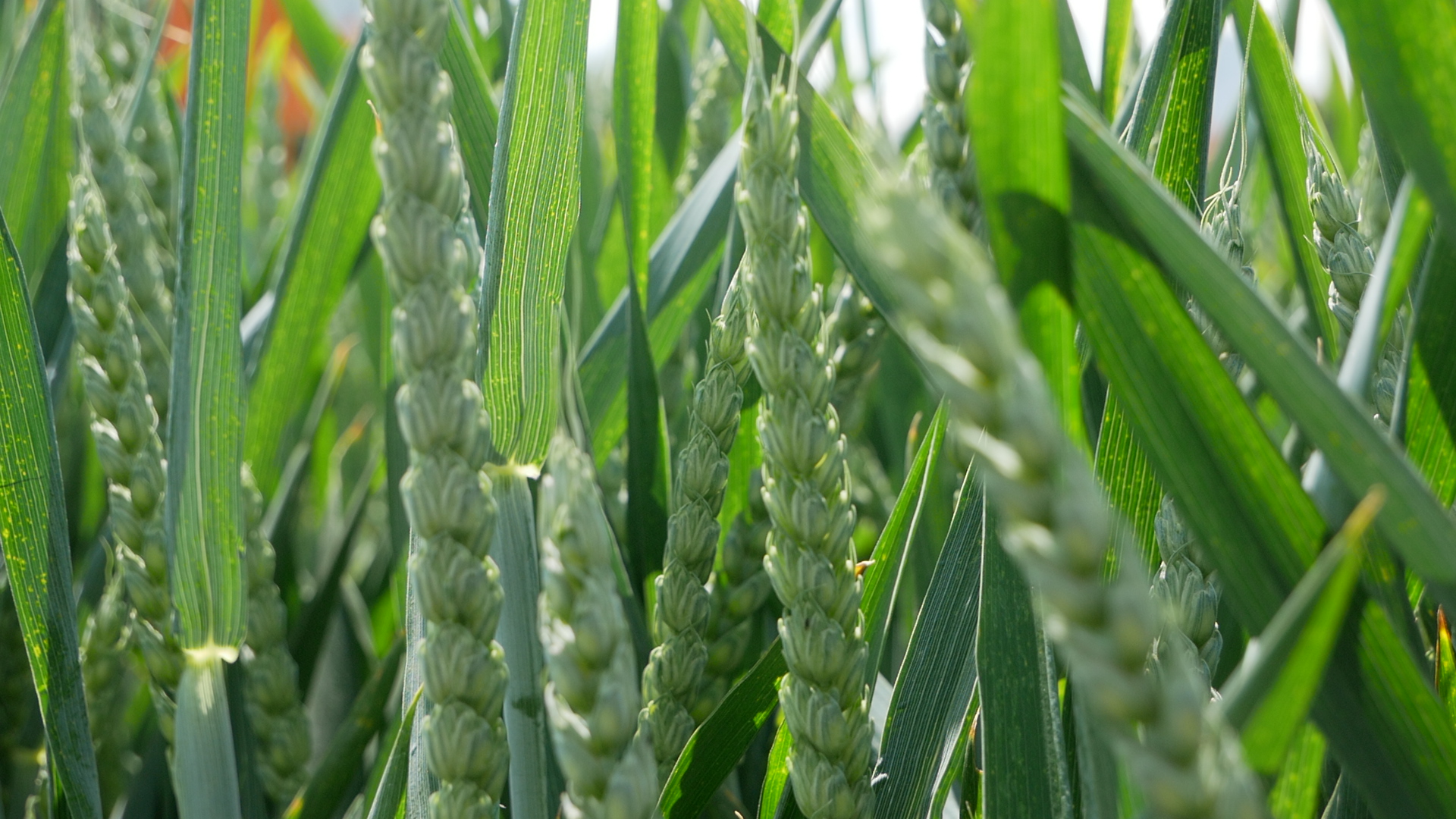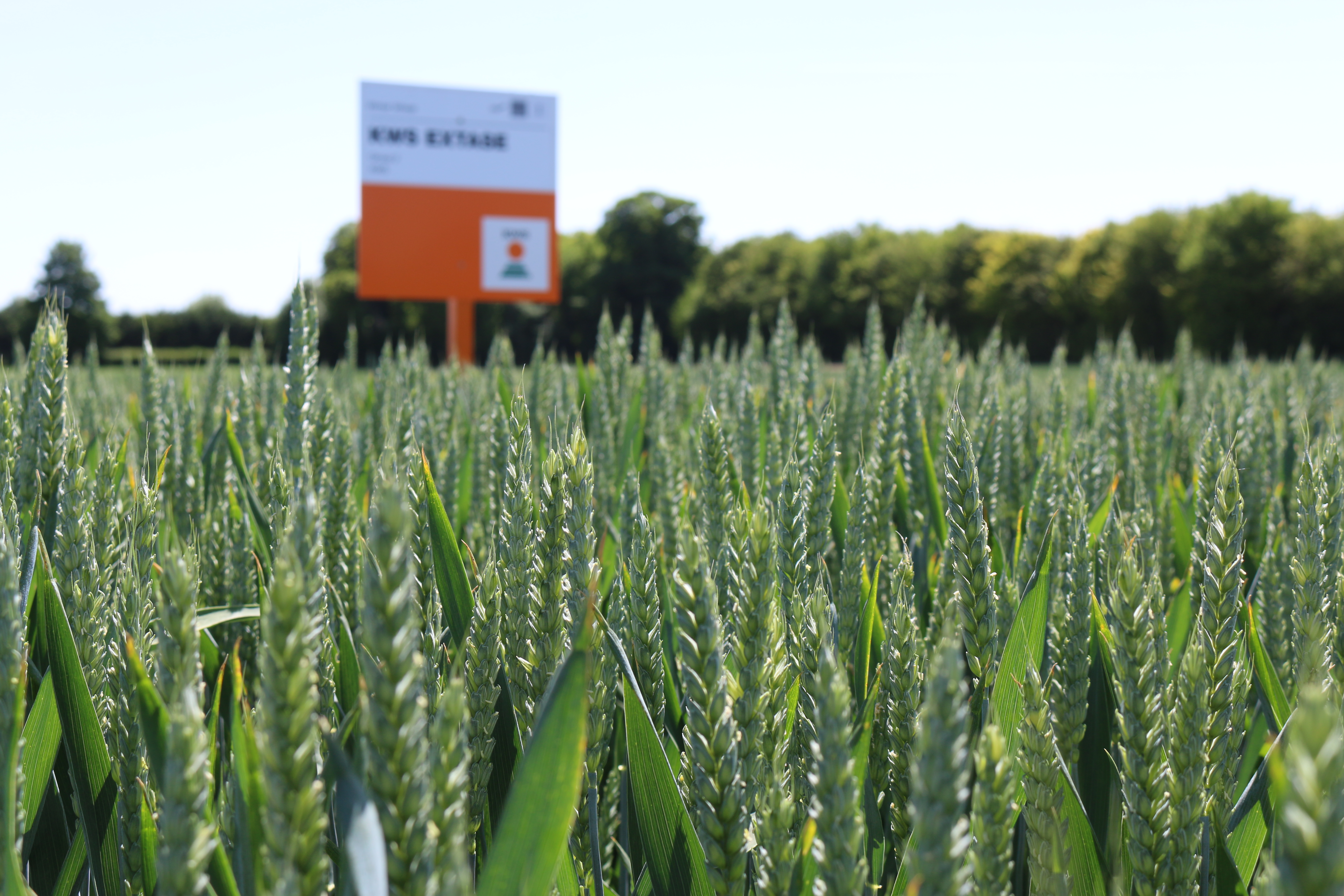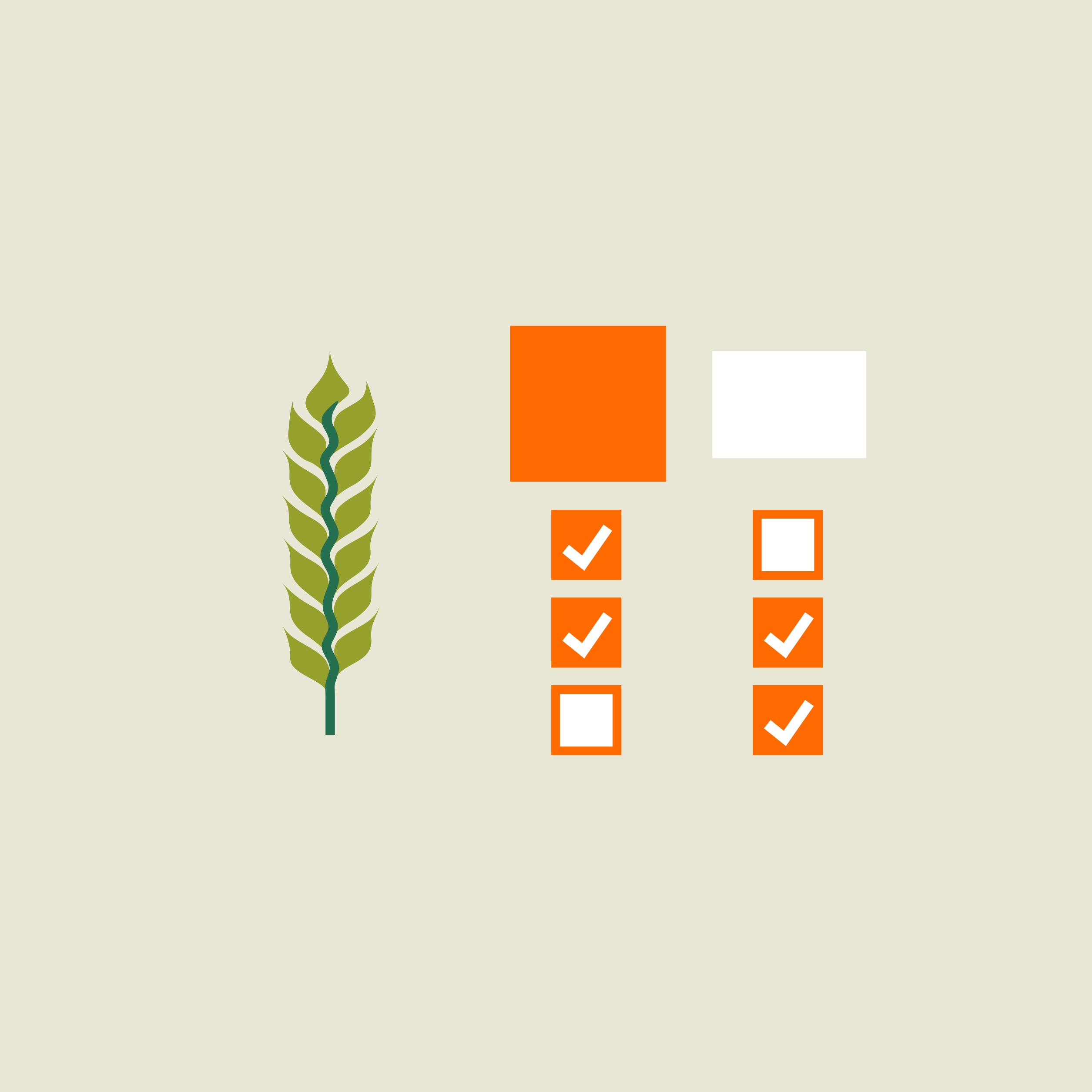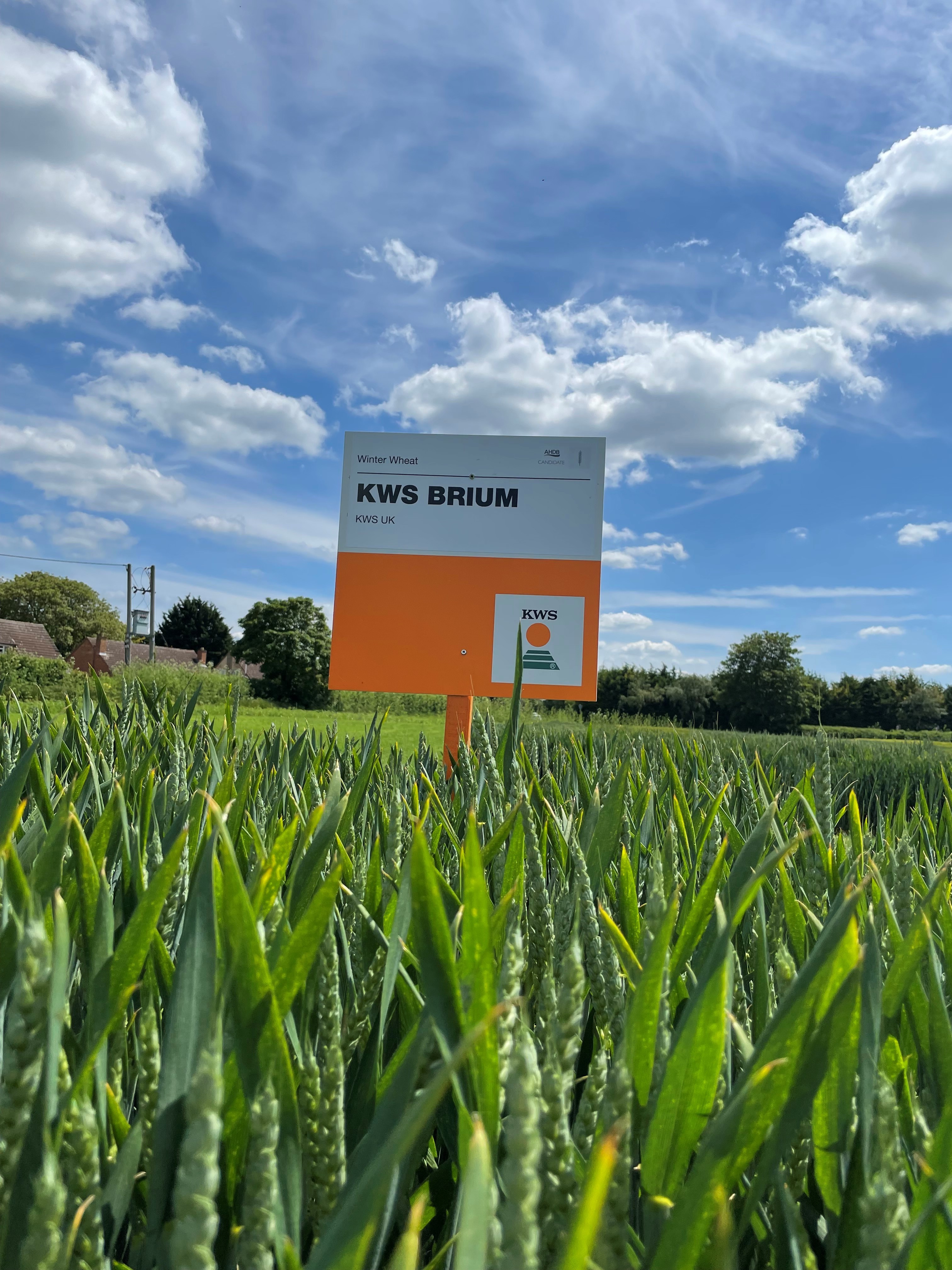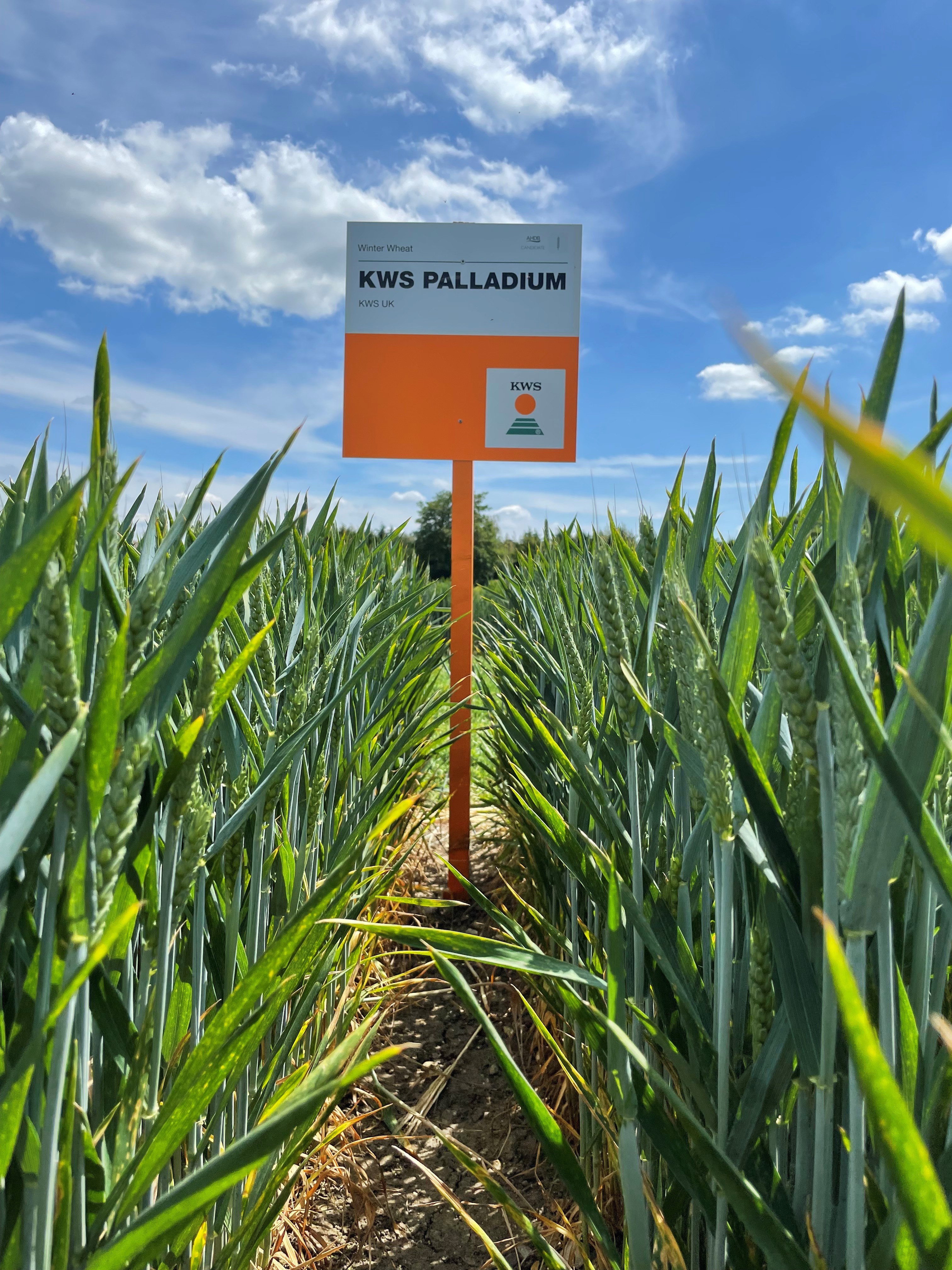How UK varieties will change in the future
The last few years have reshaped many producers’ views on what constitutes an UK ideal wheat variety with the focus switching to traits that can help them deliver reliable performance in increasingly variable growing conditions, says KWS’ Dr. Kirsty Richards.
“We’re having to recalibrate what we think are the most desirable features in wheats moving forward,” she explains.
“The last 3 – 5 years in particular have been a real wake-up call for many in the industry – including both growers and seed breeders – and whilst we have some great varieties to move forward with, others have been found sadly wanting.
“You only have to see the problems many of the previously reliable high yielding Group 1 varieties are having with yellow rusts and other diseases to realise we are at a bit of a crossroads.
“Simply chasing yields is no longer the answer and whilst ultimate production potential will always be in demand, we’ve learned you have to build in a lot more features to help growers achieve this more of the time in more variable growing conditions.”
According to Dr. John Redhead of the UK Centre for Ecology and Hydrology (UKCEH), focusing on 2020 provides a good picture of what UK growers are likely to experience more of in the future weather-wise.
“2020 was the country’s worst harvest for at least 25 years as a result of the poor weather but, unfortunately, it can’t be seen as a one-off.
“Climate researchers generally agree that the way climate change will manifest itself in the UK is in wetter winters and hotter summers with less rainfall.
“The UK is unlikely to see a smooth transition to a warmer climate in the years ahead with increasing likelihood that it will be typified by periods of extreme weather.
“In the 2020 growing season, for example, this was evidenced by torrential rain at crucial times which hampered sowing most types of crops, an exceptionally dry spring affecting plant growth and finally heavy downpours in August creating very challenging harvesting conditions.
“UKCEH analysis of detailed data on 2020 yields from more than 500 fields across 100 farms showed an average fall in crop yields of around 15 per cent compared to the five-year mean with the tonnage per hectare in some places down by as much as two-thirds.”
With the climate likely to exert such downward pressure on yields more often in the future, varieties and their inherent strengths will have a much greater role to play in the years ahead, Kirsty Richards says.
“The three key watchwords as far as varieties are concerned are really resilience, robustness and resistance.
“For KWS the challenge is to develop varieties that not only deliver the highest performance possible but also allow growers to achieve this in the context of the new production environment we are inevitably moving towards.
“We need varieties that can cope more with what the climate throws at them and that are less reliant on often complex and often costly agronomic interventions.”
The task is to predict what growers will want in the future and increasingly this is being influenced by their experiences of climate change
SPP provides a strong foundation
The company’s ‘Sowing for Peak Performance’ Initiative – or SPP for short – has already delivered stand out varieties with regard to this, she says, with even greater emphasis on functional traits being a future priority.
“In a world where more volatile weather conditions are the norm, stem stiffness and standing power become increasingly relevant and in more challenging autumn weather, later drilling capability becomes increasingly important.
“Strong disease resistance and high untreated yield also increasingly relevant characteristics when agronomic inputs become less available or when spray windows are likely to be reduced because of the weather.
“KWS Extase, for example, has proved enormously popular over the last two years with the highest untreated yield on the 2021/22 RL at over 10.0 tonnes.
“The variety’s high Septoria resistance has allowed producers to be more flexible with their fungicide strategy but it’s also delivered exceptional yield and grain quality in the field.
“Growers report KWS Extase producing over 12t/ha and achieving milling specification proteins of 13% making many millers increasingly interested in it as a de facto Group 1 – especially as the Group 1 pipeline is so thin at the moment.”
The new Group 4 KWS Cranium, listed for the first time in the 2021 RL, is also a good example of an SPP variety combining high yield and strong resilience, she points out.
“It has OWBM along with the best yield and yellow rust combination of all RL wheat varieties and the highest yield of all the current late drilling varieties.
“Late drilling potential is also a stand-out feature for the Group 3 variety KWS Firefly with its exceptional drilling window extending from September to the end of February giving it unique flexibility when it comes to fitting in with drilling conditions.
“All of these are great examples of varieties that will really fly in a good year in terms of yield and marketing options, but they also have the traits necessary to protect them in poorer conditions so they can deliver as much of their full potential as possible.
“Furthermore growers can build portfolios of these varieties to make best use of available drilling windows, create space at key spray timings through combining different rates of maturity and manage the harvest period to fit in with their other cropping and rotational needs.”
Developing a ‘systems’ approach to varieties
Creating these matched ‘systems’ of varieties suited to individual farm situations and longer-term rotations is increasingly where KWS see significant opportunities for growers, Kirsty Richards explains.
“We’ve currently got 7 new wheat varieties in Recommended List trials which build on this thinking.
“KWS Palladium is a breadmaking candidate whilst KWS Guium and KWS Brium are potential biscuit varieties and KWS Dawsum and KWS Henum are hard feed wheats. KWS Ladum and KWS Fixum are spring wheats.
“Together they offer a broad range of characteristics combining the all important high yield capability with functional traits building in the important ‘robustness, resilience and resistance’ features with a variety of different marketing options complementing this.”
KWS wheat breeder Mark Dodds says the company is continually breeding for all Groups with the goal of producing varieties which incorporate the traits required to make them consistent, reliable and grower friendly.
“The key is to test in all conditions so that those which eventually make it to the commercial stage have been proven to be consistent across a wide range of situations.
“The extremes of wet and dry weather that have characterised the last few years have been particularly apparent again this season and underlined the fact that no season is ‘normal’.
“For harvest 2020 we had the combination of farmers drilling later in the autumn because of extreme wet weather in October and November, combined with a very dry spring.
“In this situation, the crop is highly stressed and high-tillering varieties, like KWS Cranium, will perform well because high tiller numbers are the biggest component in achieving a high number of grains per square metre.”
Simply chasing yields is no longer the answer
Identifying traits for the future
KWS global wheat lead Jacob Lage says the task is to predict what growers will want in the future and increasingly this is being influenced by their experiences of climate change.
“It could take 20 years for noticeably warmer, drier summers and wetter winters to come to the UK, but it takes at least 10 years from the first cross to bring a new variety to market
“So we’re bringing the traits in now that will make wheat suitable for the future. We’re also identifying any gaps there may be in the gene pool and looking at exotic material to see whether we can breed in characteristics that will ensure even greater resilience.”
Identifying changing trends, such as the increased interest in no till and min till production systems, is also important, he adds
“We have to respond to that and select varieties with early vigour without the benefit of mineralised N from disturbed soils.
“We’re always looking to associate the genetics with what we see in the field, but with these traits that’s super complex as there’s a whole range of genes interacting to give the characteristics growers need.”
Achieving reliable establishment of varieties in adverse conditions is also a key element in developing varieties for the future with drone technology now helping considerably with this, he points out.
“The key is to spot the differences as soon as the plant emerges. With drones you can survey thousands of plots and compile very accurate datasets. That’s giving us the metrics to understand how individual crosses will perform across a whole range of scenarios.”
A changing climate will also inevitably result in a shift in pest and disease pressures, he says.
“It’s where the advantage of having a pan-European breeding programme comes in.
“Standing power is a trait UK breeders have always selected for. The UK is relatively high-yielding with top-heavy varieties that have always needed some of the stiffest straw in Europe, so UK wheats are in a good position.
“But we may see more issues with fusarium in the UK, for instance, and there’s some promising resistance we’re selecting for in French and German lines that we can bring to the UK.
“We’re also working closely with the academic community on public-funded pre-breeding programmes such as Designing Future Wheats, identifying traits and resistant genes in exotic and landrace varieties.”
Your consultants

